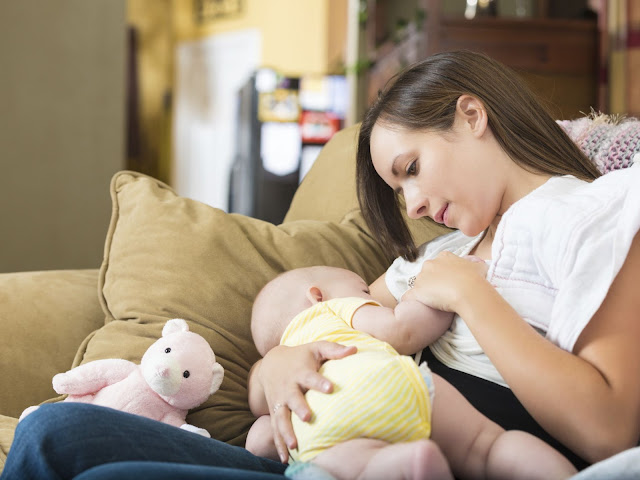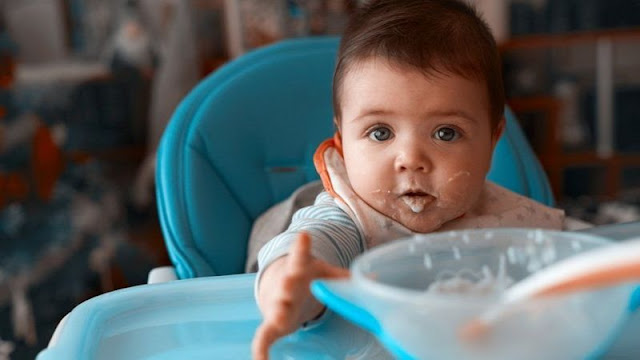How long should babies be breastfed? Do the benefits last until school age?
A British mother breastfeeds her five-year-old daughter and two-year-old child and says it is good for their children because they rarely get sick.
In the UK, mothers are advised to breastfeed their babies for as long as they want.
The British Department of Health (NHS) has not set a deadline for breastfeeding.
It is recommended that the baby be exclusively breastfed for the first six months of life and that no other food or drink, including water, be given during that time.
Breast milk is the best
Experts agree that breastfeeding has medical benefits for both mother and baby.
This helps protect the baby from infectious diseases, diarrhea, and vomiting, while the mother can prevent obesity and other diseases. In addition, the mother's risk of developing breast and ovarian cancer is reduced.
But, till when?
Currently, British experts have not set any age limit for children and it has been left to the mother.
The NHS website says: 'It is best to breastfeed the baby in the second year with a second dose. You and your baby can enjoy the benefits of breastfeeding for as long as they want.
However, Dr. Max Dewey of the Royal College of Pediatrics says there is little evidence of the benefits of breastfeeding after two years.
He says: "By the age of two, the baby should be getting all its nutrients from the diet, so there is no added benefit to breastfeeding after that."
However, for a mother, breastfeeding can have different causes and purposes.
These include employment, family support, and personal comfort. In addition, breastfeeding creates a personal relationship between the baby and the mother.
According to experts, by the age of two, a child should get all its nutrients from food
According to Dr. Dewey: "It strengthens the mother-child relationship and does no harm, so families should do what they think is best."
The fact is that 80% of mothers in the UK start breastfeeding their babies but many give it up after the first few weeks.
By the age of six months, only one-third of babies receive breast milk, and by the age of one, the rate has dropped to half a percent.
According to a study published in 2016, the UK is one of the countries in the world with the lowest number of breastfeeding mothers.
Child health experts say mothers do not receive adequate training and support.
In addition, mothers are embarrassed to breastfeed their baby outside the home.
Experts say mothers' decisions should be respected.
















No comments: